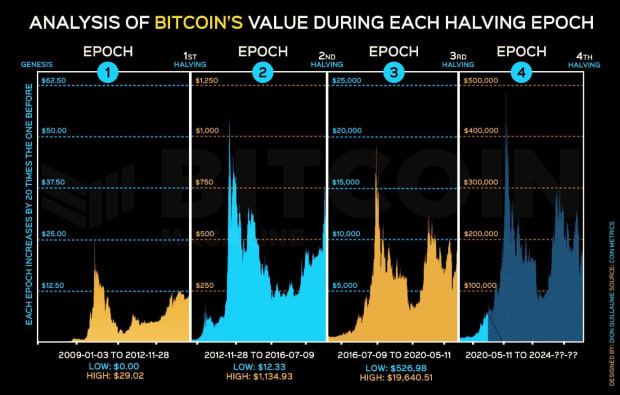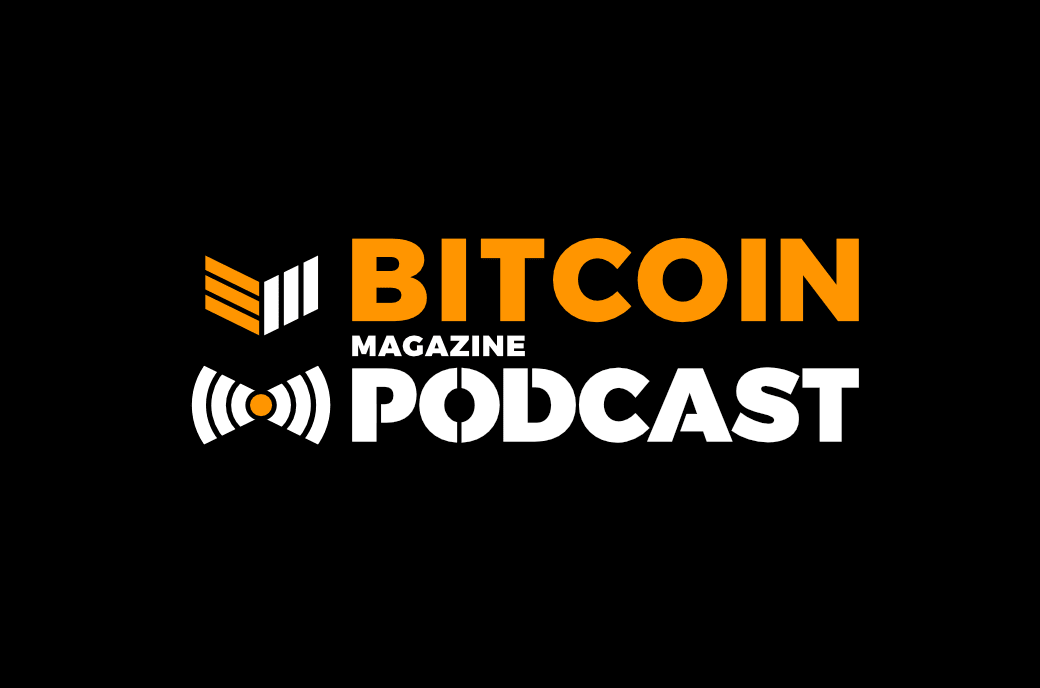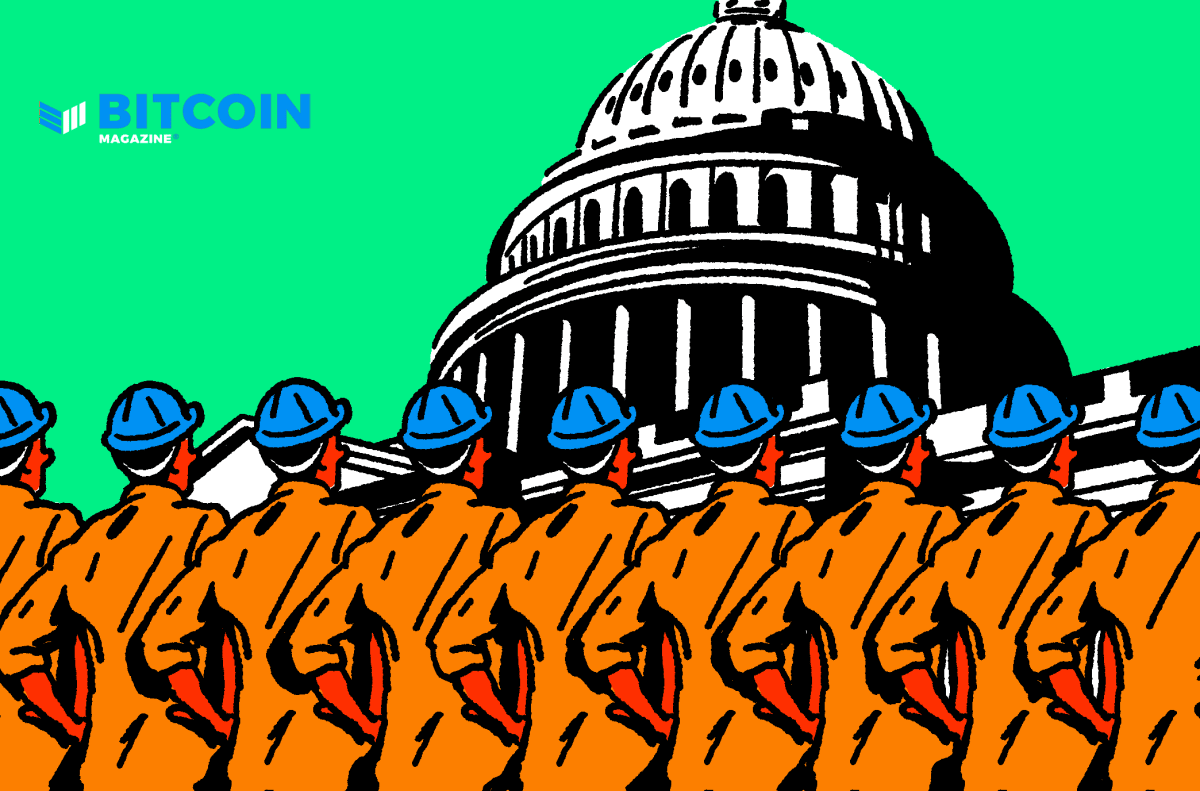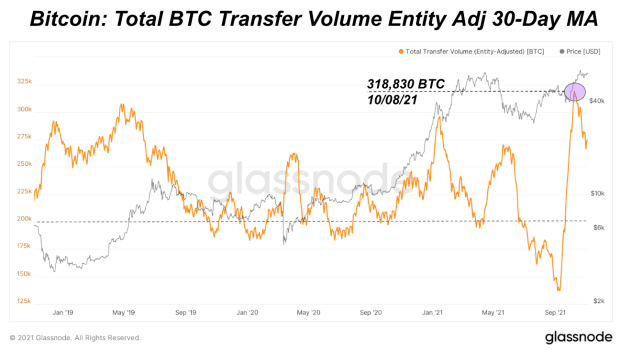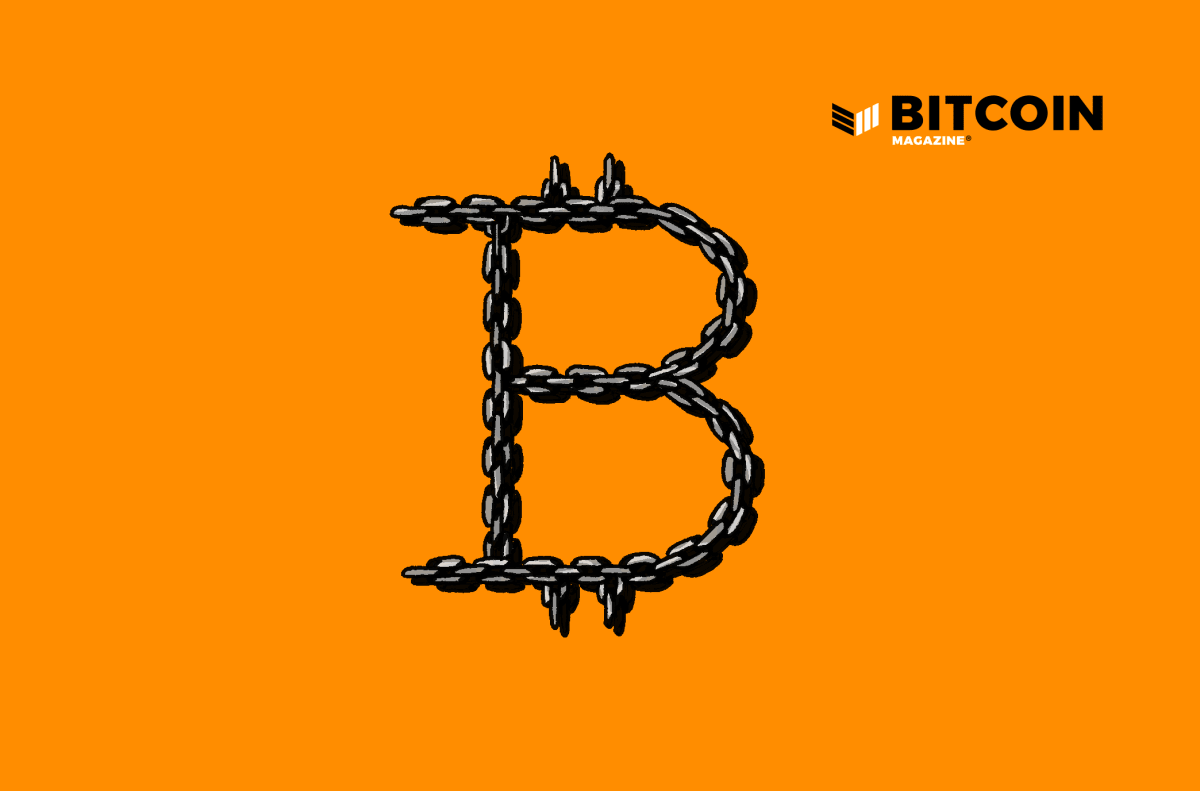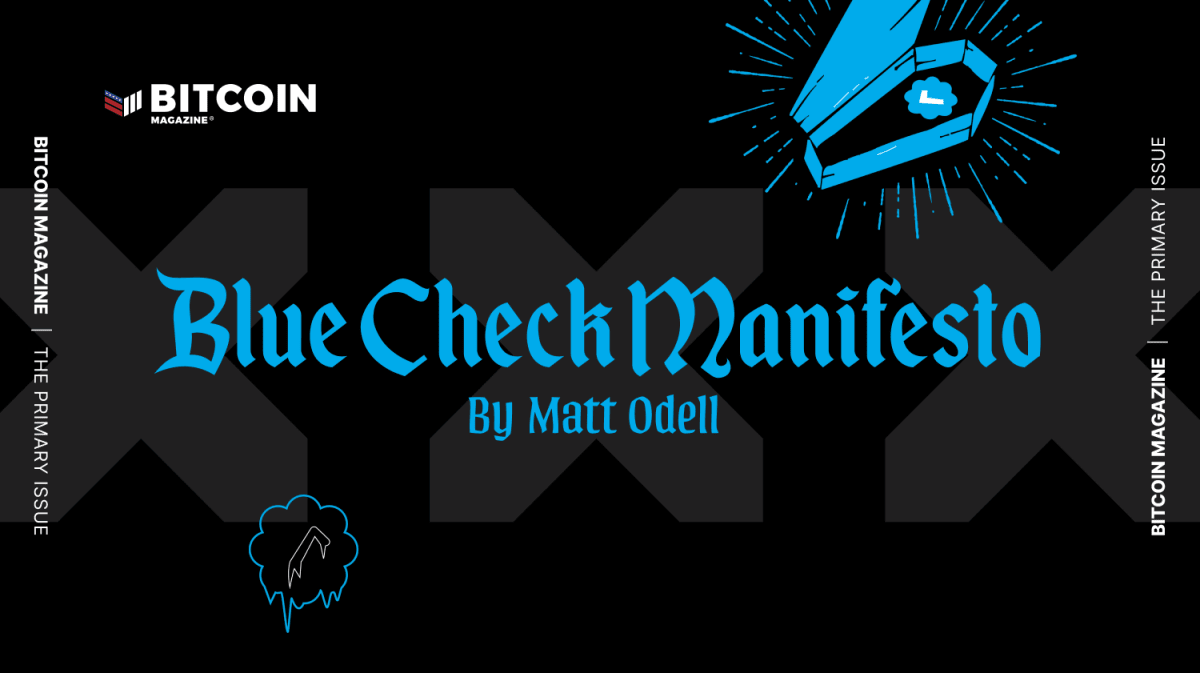MicroStrategy Is Not Selling Its Bitcoin, Says New CFO
MicroStrategy’s newest CFO confirmed the company will not be selling its bitcoin and has not received pressure from stakeholders to sell in a recent interview.
- MicroStrategy’s new CFO, Andrew Kang, confirms the company will not be changing its bitcoin strategy.
- Kang foresees stronger regulations following the events of recent turmoil in the cryptocurrency markets.
- Gary Gensler, chair of the SEC, says he thinks a lot of tokens outside of bitcoin will fail.
The buy and hold bitcoin tactics of MicroStrategy won’t be changing despite the recent selloff according to a recent interview with the Wall Street Journal and the company’s newly appointed CFO, Andrew Kang.
“At this time, we do not have any intention to sell,” Kang told the WSJ. “There are no scenarios that I’m aware [in which] we would sell.”
Kang continued to explain that MicroStrategy had not felt pressure from any stakeholders to sell, indicating a clear alignment of investors in the company and its bitcoin strategy. While Kang did say the company regularly monitors the price of bitcoin, he was not willing to comment on future purchases of bitcoin.
“Some of the more recent volatility was certainly around some of the activity outside of bitcoin,” Kang explained. “For us, we monitor that from a market perspective, but there [isn’t] anything fundamental to bitcoin that we believe presents any issues against our strategy.”
Kang went on to explain that recent volatility experienced in the market as a whole would likely lead to new regulation of the broader cryptocurrency market, which MicroStrategy is supportive of. This sentiment was echoed by the Securities and Exchange Commission (SEC), who had recently announced the doubling of staffing for the Crypto Assets and Cyber unit.
“I think a lot of these tokens will fail,” Gary Gensler, chair of the SEC, told the WSJ after a recent House Appropriations Committee panel. “I fear that in crypto…there’s going to be a lot of people hurt, and that will undermine some of the confidence in markets and trust in markets writ large.”

